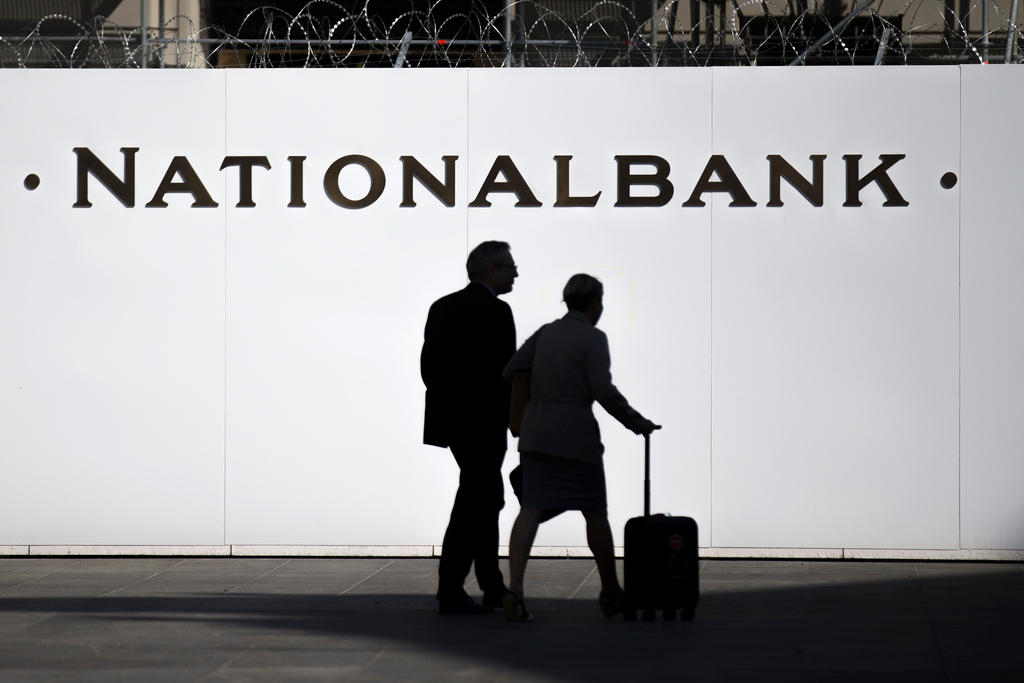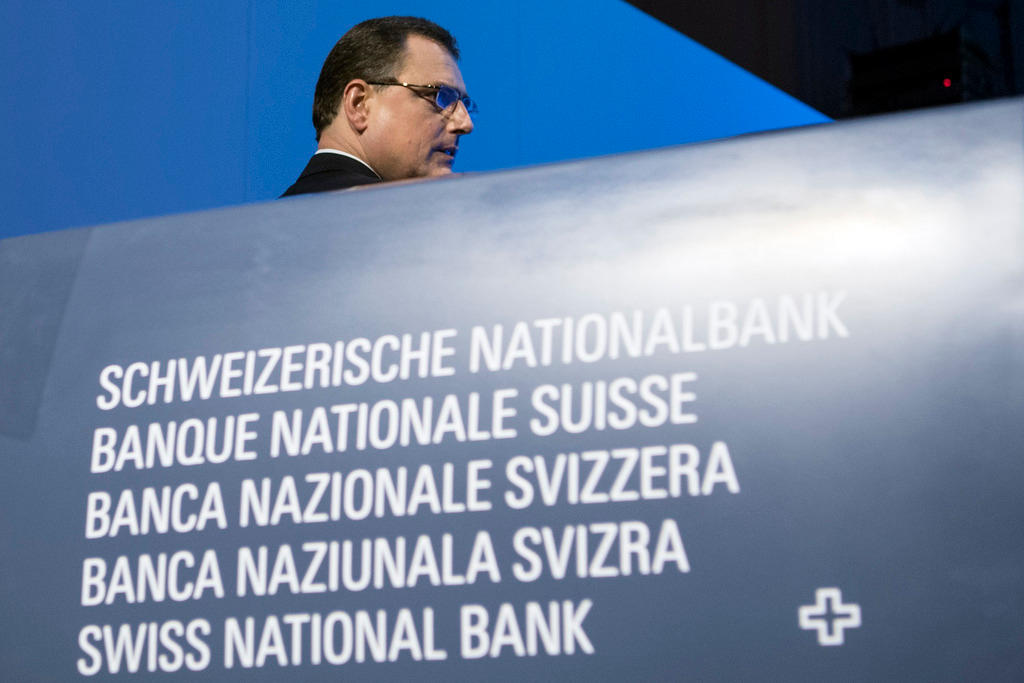Does Switzerland need a sovereign wealth fund?

Singapore has one, Norway has one, even Papua New Guinea has one – so why shouldn’t Switzerland also have a sovereign wealth fund (SWF)? The political argument, which appeared to have faded away a year ago, has raised its head once more.
Yet another Swiss politician is poised to revive the SWF debate in parliament. Susanne Leutenegger Oberholzer, of the centre-left Social Democrats, has been telling the media that Switzerland needs a fund that can invest in technology start-ups – to protect these future crown jewels from Chinese takeover.
Prominent economist, UBS bank’s Daniel Kalt, has also chipped in to the debate with a (slightly) new model for such a fund. He thinks capital should still come from the Swiss National Bank (SNB), but from its annual profits rather than the mountain of reserves it has built up defending the franc.
Does Switzerland need a sovereign wealth fund? Economically, perhaps not. The country has long enjoyed steady growth without a SWF, even when the rest of Europe was wobbling. The various calls appear to have political, rather than economic, motivations.
The SNB is currently sitting on a CHF720 billion ($743 billion) pile of foreign currency reserves it has accumulated to keep the over-valuation of the franc against the euro and dollar in check. Much of this stockpile is held in foreign currencies and bonds, but also a growing amount in stocks and shares – such as Apple and Facebook.
Opposition to the idea
The SWF debate first gained traction in 2011 amid fears that the SNB was losing control of monetary policy. Better to have a government-controlled entity take over management of these billions rather than the opaque central bank, which has no experience of such investments, the argument ran.
But SNB chairman Thomas Jordan hit backExternal link in April 2016, calling the entire “politically motivated” idea total nonsense in a detailed assessment. For one thing, the SNB would likely need to sell its foreign currency reserves one day to avoid taking a huge loss on the investment – how would it do that if they have been transferred to a separate fund?
“The SNB already manages its foreign exchange in a professional manner and is considered to be a leading central bank in asset management,” he said. A wealth fund would have to take serious risks to improve on this performance and might end up conflicting with the central bank’s strategy to keep inflation stable, Jordan added.
In December, the government also rejected the idea of a fund that it felt might interfere with the SNB’s independence. Daniel Kalt’s proposal that SNB profits could bankroll a wealth fund may also run into opposition from cantons, the confederation and other shareholders who currently benefit from central bank dividends in years of excess profit.
So while political interest in a Swiss sovereign wealth fund remains intact, so does considerable opposition in political, economic and media circles. Recent negative headlines over Malaysia’s 1MDB fund and the Qatar Investment Authority might also dampen enthusiasm. The chances are slim of the idea ever graduating from pipedream stage.

In compliance with the JTI standards
More: SWI swissinfo.ch certified by the Journalism Trust Initiative




You can find an overview of ongoing debates with our journalists here. Please join us!
If you want to start a conversation about a topic raised in this article or want to report factual errors, email us at english@swissinfo.ch.